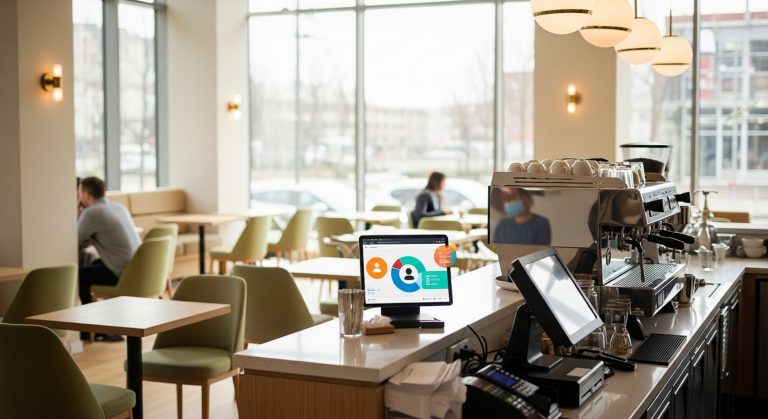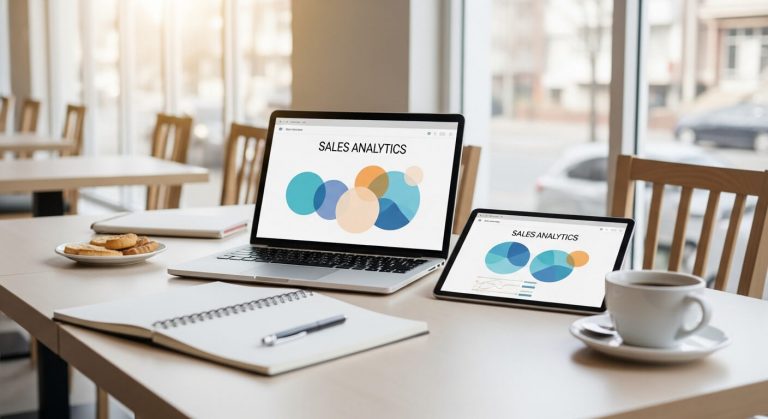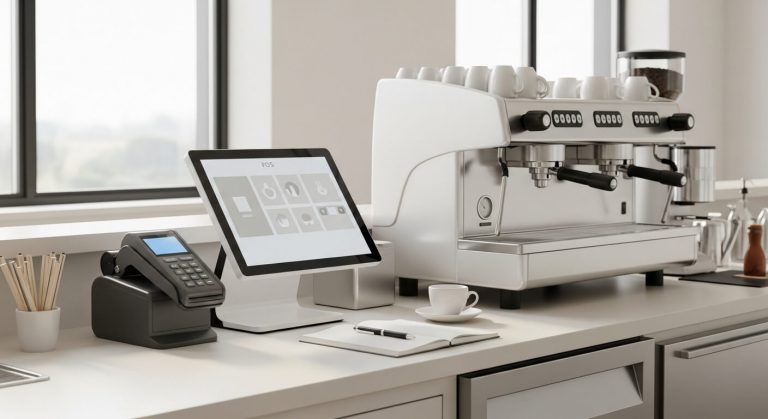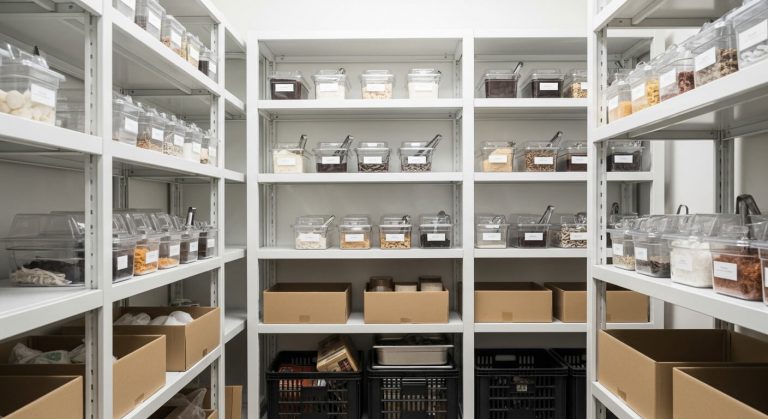

Imagine: an evening at your restaurant, guests are enjoying their dinner, and you know exactly how much you’ve earned and where you can save. Sounds like a dream? It’s reality with proper accounting! CRM for hospitality and accounting software help owners keep their finger on the pulse of the restaurant business. From revenue to product write-offs—everything is under control. Let’s dive into how restaurant management accounting and Syrve turn chaos into success.
Management Accounting in Restaurants: Financial Transparency Without Complexity
In hospitality, every detail matters. Forgot to account for sauce expenses? You’ve got a loss. Accounting software changes the game. Management tools like Syrve generate reports in a minute, displaying key metrics. Want to know food cost or average check? Financial accounting provides precise figures. And what about bookkeeping? It’s different—management accounting in the restaurant business looks forward, not just at the past.
Setting up management accounting starts simple. The accounting program tracks every sale and receipt. A financial manager or entrepreneur can monitor cash flow anytime. A cash flow report shows where money is going, while a management balance sheet reveals the state of assets and liabilities. It’s like an X-ray for your venue—everything is crystal clear!
Here’s what management accounting offers:
- Clear monitoring of revenue and expenses.
- Regular analysis for profitability growth.
- Procurement planning without overspending.
- Data analysis for precise decisions.
With this approach, the restaurant business becomes transparent and efficient.
Process Optimization: Accounting for Restaurant Profit Growth
Managers know: routine eats up time. Implementing accounting with software frees up hours for growth. The accounting system tracks assets and write-offs to prevent waste. ABC analysis highlights which dishes bring the most profit, while menu analysis shows what to remove. These aren’t just numbers—they’re control mechanisms for business development.
Maintaining management accounting optimizes operations. Imagine: a profit and loss report is ready in a minute, and management accounting metrics show where profitability is growing. Financial planning becomes easier when accounting software handles the calculations. Regular monitoring of key indicators ensures nothing slips through. The role of management accounting? Making every dollar work for you.
Optimize financial processes and boost revenue? Easy! Accounting software makes restaurant management clear even for beginners. Did you know reports can be not boring but useful? It’s like a treasure map for entrepreneurs.
The Role of Management Accounting: How Reports Transform Business
Restaurant operations are full of surprises: ingredients get pricier, or the average check drops. Management accounting in restaurants prepares you for anything. Financial control with crm for catering shows where to save. Reports reflect the real picture, and metrics like profit and loss guide future growth. These aren’t just numbers—they’re your business’s financial stability.
Organizing management accounting in a restaurant is easier than it seems. Software collects data on expenses and revenue, and management tools build profit and loss reports. Want to know which tables generate more? Monitoring and data analysis provide answers. Setting up management accounting is like tuning a musical instrument—everything starts sounding better.
Where to Go Next: Setting Up Accounting for Hospitality Success
Effective management is the key to success. Accounting software helps owners see total revenue and avoid losing profits. Financial management with these tools becomes effortless, and the restaurant business grows stress-free. Management accounting is enough to keep everything under control, from receipts to procurement.
Want to optimize your hospitality business? Accounting systems and software are ready to help. It’s like a personal coach for your venue, knowing how to maximize results. What do you think—are you ready to unlock the secrets of profitability with management accounting?







